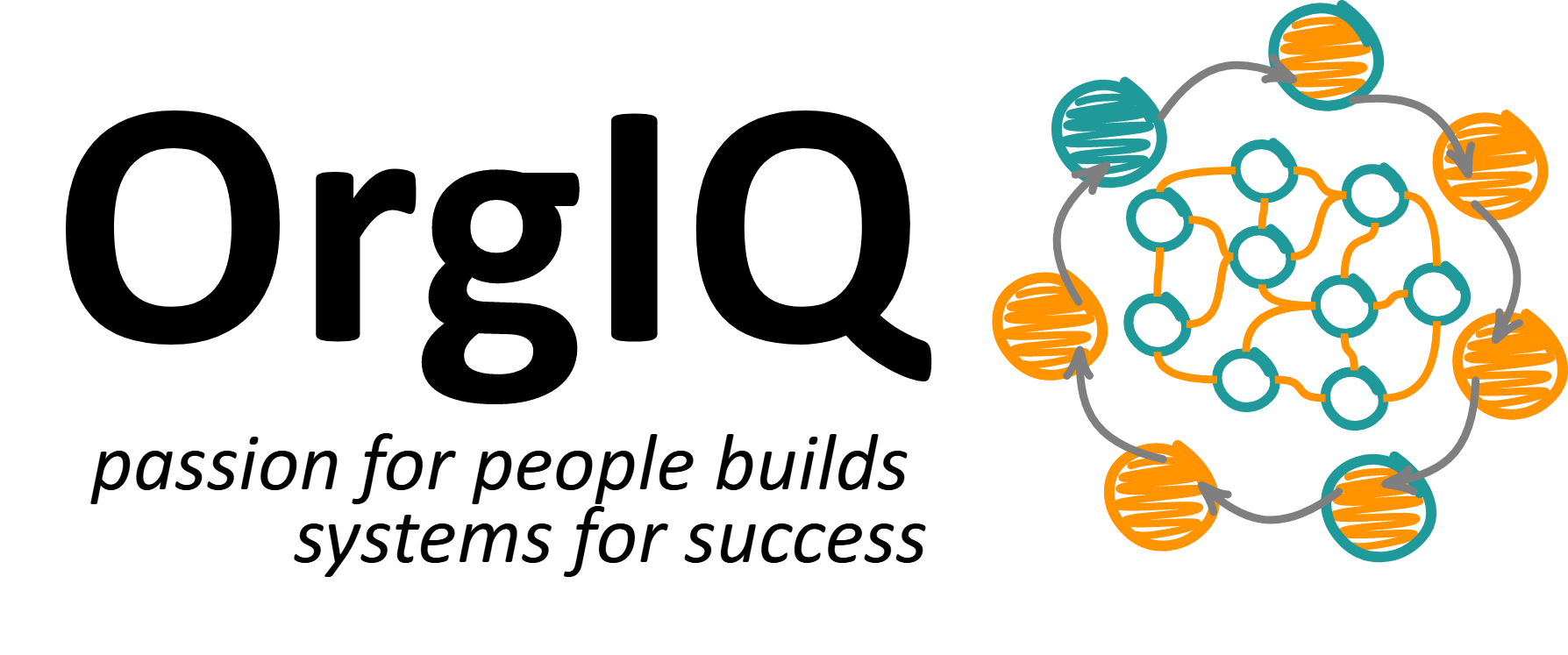The concept … an overview
We want to tap into the transformational power of organizations that refocus on neuronal, social, and psychological structures, to create an successful environment.
Passion for People leads to Systems build for Success

OrgIQ can redefine your cultural landscape.
OrgIQ – Tired of survival mode? Your organization becomes livelier day by day.
Welcome to the frontier of organizational evolution, where the pulse of progress beats stronger than ever before. At the heart of this transformation lies the concept of an intelligent organization – a paradigm where strategic clarity meets the dynamic synergy of human collaboration.
This is the essence of OrgIQ: a revolutionary framework that not only defines but also quantifies the collective intelligence, adaptability, and innovative capacity of your organization.
Imagine a workplace where every voice contributes to the harmony of decision-making, where each step forward is informed by a deep understanding of both the intricate clockwork of structure and the vibrant neuronal network of employee interactions.
Here, managers inspire and guide with visionary leadership, and employees thrive, engaging in meaningful work that not only drives the company forward but also fulfills their own professional and personal aspirations.
Welcome to a place where the future of work is not just a concept, but a living, breathing reality. Join us in embracing OrgIQ, and let’s build together a world where organizations do not just adapt to change—they anticipate and shape it.
It’s never about faults. We live and work in complex systems. We need to accept complexity and use it to our advantage.
Complexity and resistance are useful tools, as soon as we accept and use the nature of our organizations. We often deny the hidden power, because we can’t control it. But we don’t need control. We can trust that it works in our favor.

1. The one thing is to understand and embrace human nature. Things that scared us in the past, will be our friends and allies now. Control is a sign of fear. Fear out of uncertainty. When we are able to deal with human messiness in a positive and beneficial way, it’s suddenly something we can enjoy.
Our comprehensive of tools fosters the understanding of human nature. It helps us to build trust. Trust in each other, but also trust in the system we have. And trust eliminates the need for control and fear. It’s a source for appreciation. For all of us.
2. The Clockwork – no matter in which form – is a useful tool, to provide a frame for the stories. We need a simplified model of the world for purpose and direction. This is a power tool. As long, as we understand that it’s a model and not the reality.

